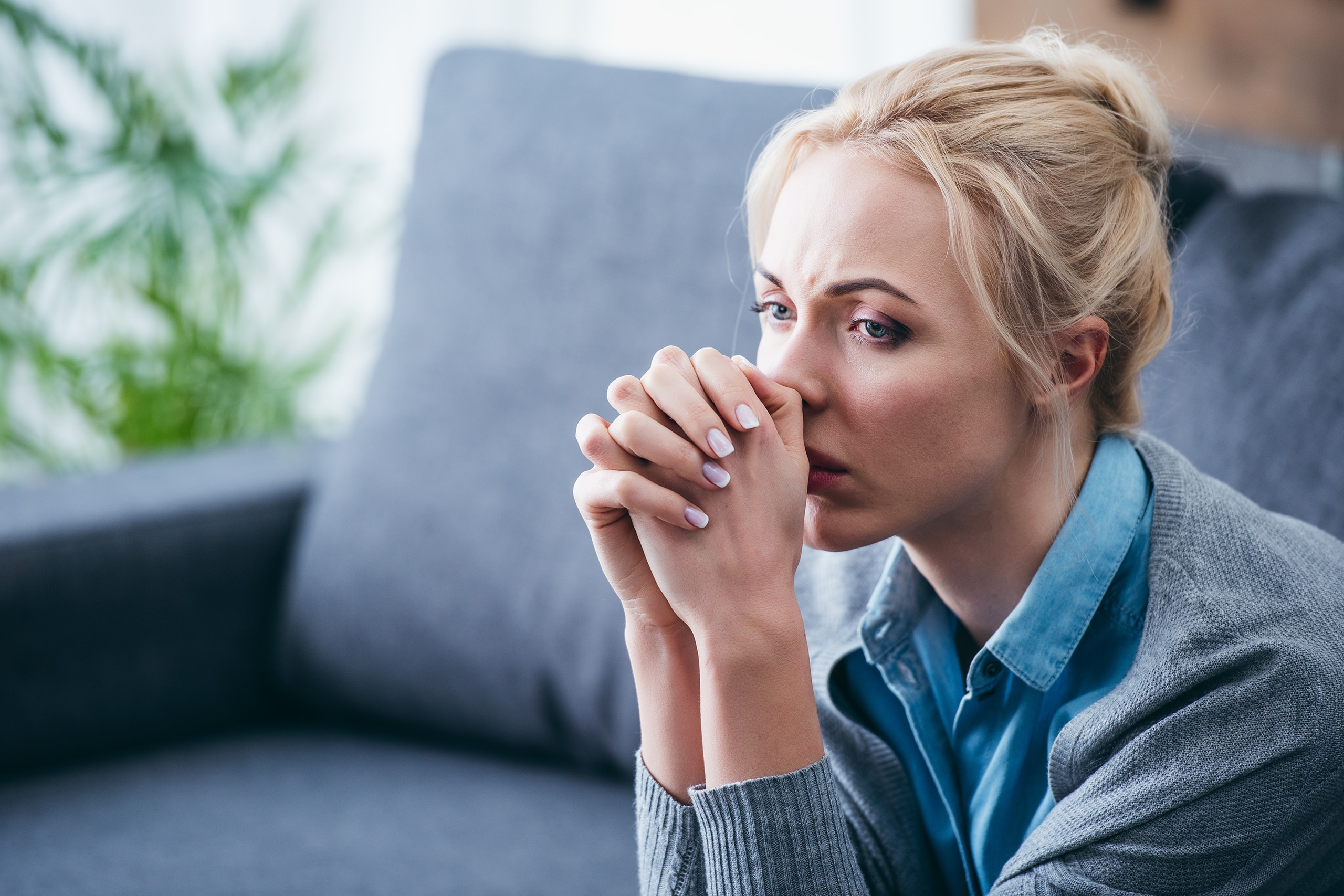There Are Multiple Types of Anxiety Disorders
Anxiety disorders are the most common mental illness in the United States. According to the Anxiety and Depression Association of America, roughly 18.1 percent of men and women over the age of 18 currently suffer at the hands of an anxiety disorder of some severity. While most anxiety disorders can be easily treated with a combination of psychotherapy and medication, it is estimated that only 36.9 percent of individuals with a diagnosable anxiety disorder seek the professional care they need. While people generally refer to anxiety disorders in a broad sense, there are several major types of anxiety disorder – and they are far from the same.
Five Major Types of Anxiety Disorder
The five major types of anxiety disorder are as follows:
- Generalized Anxiety Disorder (or GAD) – This is the most common type of anxiety disorder, and it affects roughly 6.8 million adults annually. This disorder is characterized by a general feeling of anxiety and a persistent sense of worry. People with GAD constantly feel anxious and stressed out, even though these feelings might not be caused by anything specific.
- Panic Disorder – Very common, affecting roughly 6 million American adults every year. People who suffer from panic disorder experience unprovoked and intense feelings of fear, which are often characterized by a range of physical symptoms including profuse sweating, and increased heart rate, and hyperventilation.
- Social Anxiety Disorder – This type of anxiety disorder affects roughly 6 million men and women on an annual basis. People who suffer from this type of anxiety experience intense stress when engaged in everyday social situations. They might begin to panic and experience extreme self-consciousness.
- Obsessive-Compulsive Disorder (OCD) – Roughly 2.2 million American adults suffer from OCD. Those who suffer from this anxiety experience obsessions and compulsions. They experience obsessive and intrusive thoughts that lead to compulsive behaviors, also known as tics or “rituals.” Some examples of common rituals include obsessive hand washing, excessive cleaning, or repetitive counting.
- Post-Traumatic Stress Disorder (PTSD) – PTSD affects around 7.7 million adults annually. PTSD affects men and women who have undergone significant trauma. Symptoms of PTSD include flashbacks, recurrent nightmares and actively avoiding people, places, or things that remind the person of the traumatic event.
Treatment for Anxiety Disorders
Treatment for anxiety will vary on a person-to-person basis and will depend heavily on which type of anxiety disorder is being experienced. For example, men and women who are struggling with generalized anxiety will likely benefit from a combination of anti-anxiety medication and psychotherapy. Men and women who are suffering from obsessive-compulsive disorder will likely need a higher level of care and more intensive therapy. While medications can be helpful for the treatment of OCD, it is more common for individuals to undergo intensive therapy on a daily or near-daily basis. Men and women who suffer from panic disorders might see a therapist and a psychiatrist regularly, and they might be prescribed a medication that is intended to be taken at the onset of a panic attack. To learn more about your treatment options, reach out to Voices of Mental Health today.
Voices of Mental Health and Anxiety Disorders
At Voices of Mental Health, our highly experienced team of mental health professionals work together to provide you with all of the information and insight you need to begin your journey of recovery. Dealing with anxiety is difficult, and if you have been dealing with an undiagnosed anxiety disorder for any length of time, you might feel stuck and not know where to turn. The good news is that there are many treatment resources available, and depending on your personal needs we will put you in touch with a treatment center that can help. We are also available to offer any additional information you need regarding any of the above-listed anxiety disorders. for more information, simply give us a call at your earliest possible convenience.
Medically Reviewed: September 25, 2019

Cayla Clark, BA
Medical Reviewer
Chief Editor
All of the information on this page has been reviewed and verified by a certified addiction professional.



